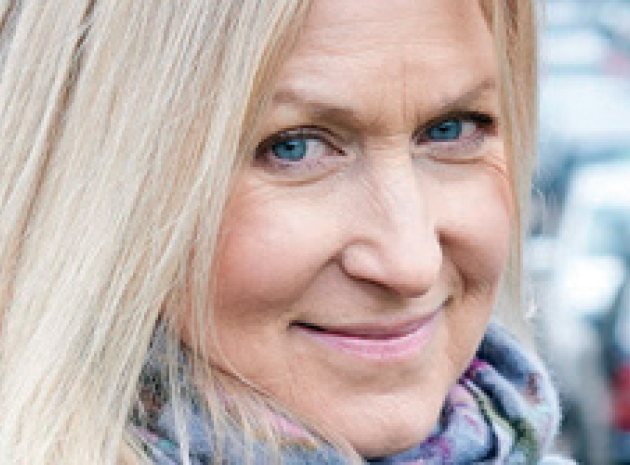My overwhelming memory of my school days is of freedom, to grow and develop as an individual and to learn to love individual subjects. It always amuses me to read about how much more rigorous education was supposed to be back then – I started secondary school in 1968. Although we had some wonderful, inspiring and life changing teachers, there was nothing like the level of accountability or pressure that my own children have faced on today’s exam treadmill.
I went to my local infant and junior school in North London and then to what was a very progressive girls grammar school in the dying days of the selective system – we voted overwhelmingly to abolish our hideous bottle green uniform quite early in my time there. In spite of having been one of the winners in that very bad system of dividing up children into ‘sheep and goats’, I felt the injustice of it back then and am very glad that forty years later my three could move to good comprehensive schools in the same part of London where I grew up, but with all their friends and without the stress and misery that the 11 plus entails.
Much of my campaigning has been on the issue of school admissions, and selection in particular, and I think that has its roots in my own experience. I believe schools should be a cohesive, not divisive part of their local community.
Yet I still feel conflicted on the issue of single sex education. My head tells me that co-education should be the best way to educate young people in the modern world but my daughter has also been at a local girls school and I think single sex education gives young women the chance to be educated in an environment free of the gender stereotypes that they will inevitably and regrettably still meet in the adult world, even though it is 50 years since the first wave of feminism kicked off.
I was very happy at school although I definitely didn’t work as hard as I should have done. I got good O levels, but North London in the early seventies was quite a high octane social scene and frankly that was my priority, so I didn’t do nearly as well in my A levels. My only real memory of ‘parental involvement’ in my education was during that period.
I guess it was becoming quite obvious that I wasn’t really fulfilling my potential and my father (with whom I generally got on very well) set me a curfew after which he threatened to lock me out of the house on weekdays. I have a crystal clear memory of anxiously pedaling the moped I had been given for my 16th birthday along the road where I lived in order to get back before midnight because the engine had conked out!
But I did love history and had two very inspiring teachers – both of whom I am still in touch with. One of them recommended back then that I become a journalist, because he observed that I was always more interested in the personal details of the lives of the big historical figure than their wider historical significance. In a curious twist of fate, when I did later become a news reporter on the Daily Express in the 1980s I ended up having to doorstep him because of a story relating to his own personal life and he was in a snatched picture on the front page of the paper. He did forgive me, and we remain friends today.
Because my A level years were a very enjoyable but not particularly academically productive time, I left school determined never to study again. I took off for what I saw as an extended gap year travelling in the States but my doughty mother had the foresight to insist that I put in a university application before I left. By the time I had reached the West Coast of America I was starting to panic mildly about my long term future. Luckily UCL had offered me a place to read Economics and Economic History – a sign of how much less competitive higher education was then. I went, and discovered the joy of learning and academic study rather belatedly. So my overwhelming lesson from my schooldays is that it is worth working hard first time round, but in the real world young people mature in different ways and at different rates. The school system needs to recognise that, and the education system more generally needs to be able to offer second chances.










